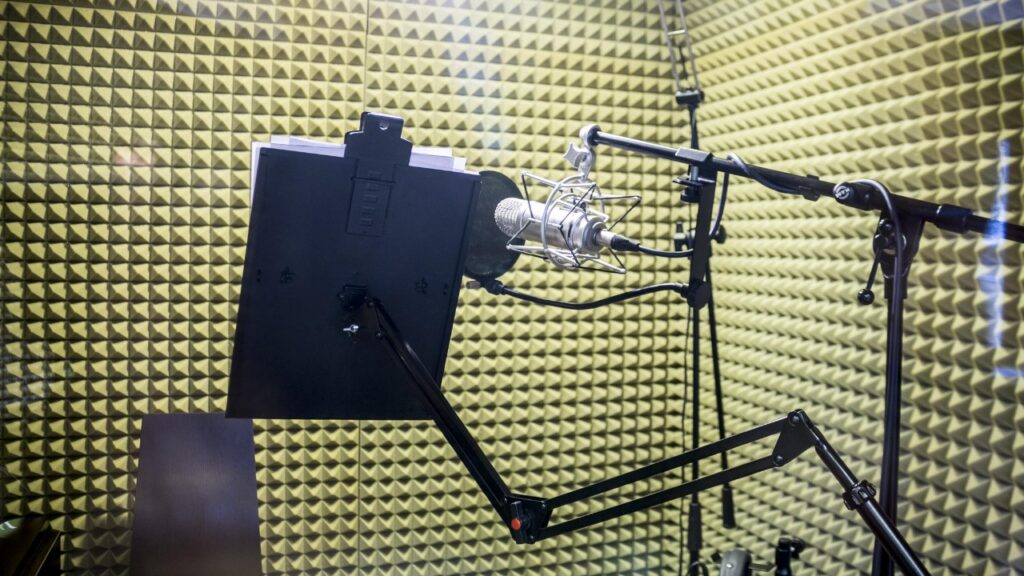What Artists Must Know about the Voice Over Contract Agreement
Voiceover artists frequently enter voice over contract agreements that dictate the details of the project. And the work arrangements that they are committing to with a producer or production company. Sometimes referred to as a voiceover working agreement, or a voiceover contract. The voice over contract agreement outlines all of the delicate details of the working arrangement the voice over artist and the hiring company enter into. Usually a producer or production company. If you’re a voice over artist, especially if you’re just starting out in the industry? It’s important for you to fully understand the terms of the contracts that you enter into.

What’s Included in the Voiceover Contract?
While all voice over contracts are different, most will generally include some of the same general information. For instance, you’re going to see the artist’s name, the producer’s name, and the title of the assignment.
There’s also going to be detailed information about the responsibility for the voiceover artist to avoid sharing the work with others. And there will likely be information about the delivery of the work. Including a schedule or proposed completion timeline.
These voice over contract agreements are typically rather short and to the point. They don’t necessarily have to be several pages long. In fact, many are a single page.
Which clearly stipulates the most important terms of the agreement. And includes an area for the voice over artist and the producer to sign.
Delivery of the Voice Over Product
One of the most essential sections of the voice over contract agreement is the delivery of the project or delivery of the voice over product. One might label this section in several ways.
But essentially it represents the terms of how the voice over artist will complete the work and submit it to the production company.
As an artist, you need to pay close attention to the following details:
- Proofing the work – The contract should dictate how your work will be proofed. How revisions will be handled. And what recourse you have against multiple revisions. Many voiceover artists like to set a limit to revisions such as x3.
- Additional editing of the work – The contract should outline specifications regarding edits. Say editing above and beyond the revisions that are allotted is required. The voice over artist generally reserves the right to charge a nominal fee for such edits. This fee would be included in the contract.
- Backup Copies of the work – Generally the voice over contract agreement will state that voiceover artists are not responsible for maintaining backup copies of the work. Once those files have been turned over to the client. Thus it is the client’s responsibility to maintain backups.
- Reproduction of the work – The contract will specify that the purchaser, upon final compensation for the voiceover work, owns all rights to the work. And a limited one-time, reproduction use or unlimited reproduction. In the event that a one-time reproduction license was provided, the client would need to request permission to reproduce the work in any other manner aside from the original plan.
The Takeaway
In addition to these details, the voice over contract agreement is going to dictate a confidentiality statement between the voice over artists and the production company. As well as details on things like compensation and warranties.
It’s very important for artists to understand all of this, and to ensure they are comfortable with each detail of the agreement before they move forward with any voice over project.


